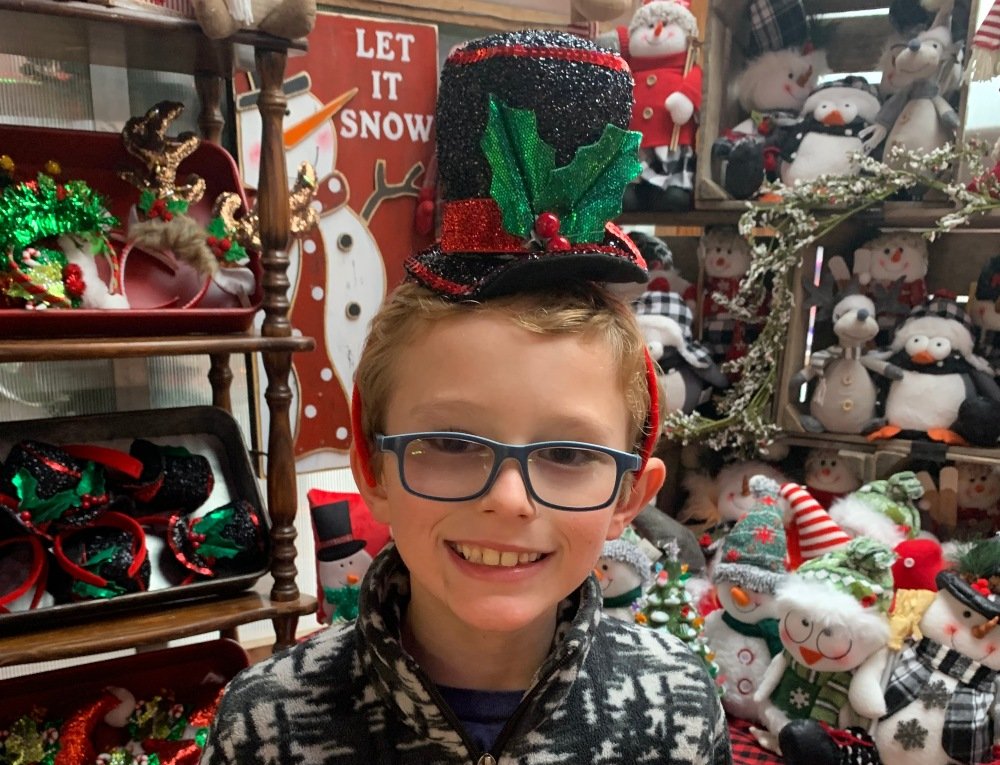It’s a saying we’ve all heard countless times: Don’t take it personally. It’s sound advice and applicable to our lives in so many ways. However, when the going gets tough, it’s difficult to keep that perspective.
As a teacher who has worked with children who have behavioral challenges, it hasn’t always been easy to not take things personally. However, with each year of teaching experience I’ve gained, I’ve found it easier to not take things personally. After all, there’s an emotional distance when they’re not your children. That enables me to approach each situation more objectively and to focus on the behavior itself.
When it’s your kid, though, the parental bond can make their words and actions feel much more personal.
Sebastian says hurtful things in moments of distress — things like, “I wish you would die” or “I wish I had a different Mom and lived with a different family.” It’s hard to not take such statements personally, considering how much effort we’re all putting into raising him. They often make me feel sad. I have to remember that Sebastian’s words are not meant the way they come across. Even he understands that — when he deescalates, he apologizes for his words and actions.
Sebastian lacks the coping skills to express himself appropriately when he’s overwhelmed. He uses hurtful language or physical aggression out of frustration or not being able to cope with setbacks. He doesn’t mean to hurt me, but in these moments, I want to scream out loud, “How can I not take this personally? What have I done wrong?”
I’ve gradually learned to take a step back and remind myself that this is not a reflection of my worth as a parent. One of the most helpful things I’ve done is pause, take a deep breath, and say a quick prayer before responding. This gives myself space to process my feelings and how I want to proceed.
By focusing on Sebastian’s needs and not the words or actions in the moment, I can better respond with compassion instead of taking it to heart. Taking it personally only makes the situation more difficult. But when I can detach emotionally and approach the behavior with understanding, I create a better environment for both of us to face the challenge together.
When Sebastian is calm, he often tells me, “I love you so much. You are the best Mom I’ve ever had. I don’t know what I would do without you.” Those are the reminders I need to know that he doesn’t really mean what he says in times of anger.
At the end of the day, I tell myself, while it’s not always easy, each step we take toward understanding and compassion brings me closer to building a stronger, more supportive relationship with Sebastian.


